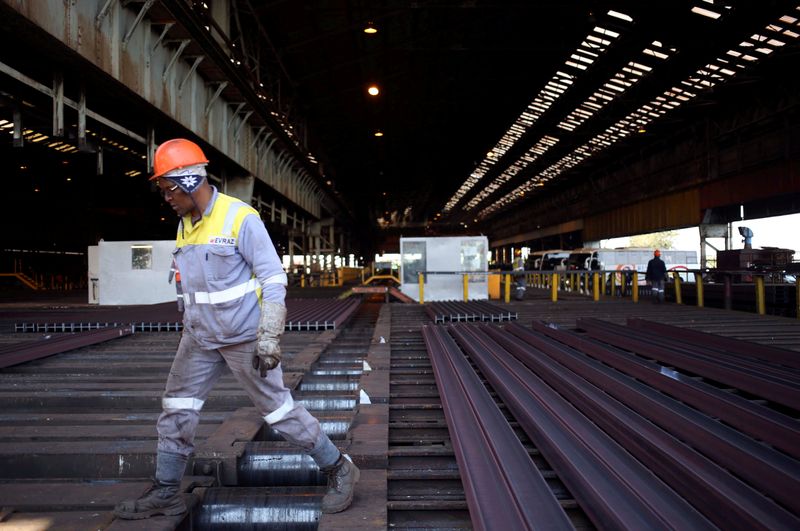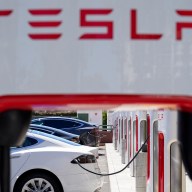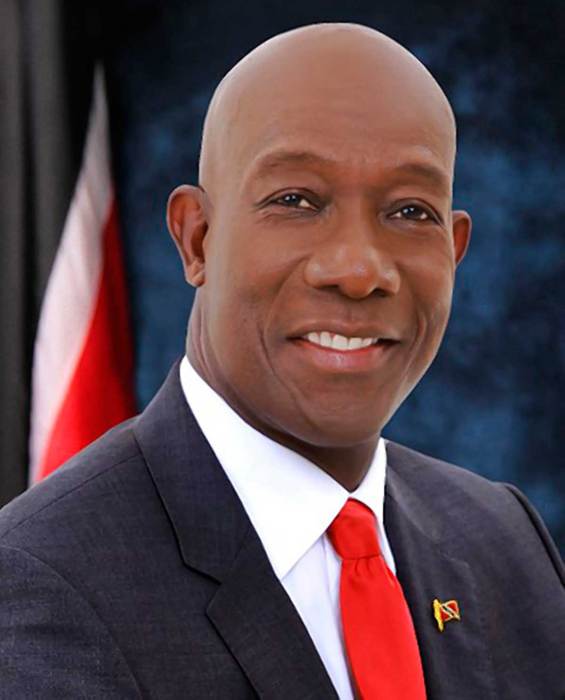JOHANNESBURG (Reuters) – Recovery among Africa’s major economies will be mixed and mostly tepid, favouring the more diversified rather than those heavily reliant on commodity exports, a Reuters poll found on Tuesday.
The coronavirus has hit spending in Africa this year and in particular hampered economies that either export raw commodities or depend on tourism, as the pandemic stymied global economic activity.
“The economic rebound will be slow, partly because many African countries’ fiscal positions will be a constraint on growth,” said Jacques Nel, head of macroeconomic research at NKC African economics.
In the poll conducted between Oct. 20 and 26, median forecasts showed strong recoveries of 4.7% in Kenya and 4.5% in Ghana next year after growth of 1.0% and 1.5% this year.
But any rebound will be more lacklustre for big economies hit by recession, with Nigeria expected to grow 2.0% in 2021 after shrinking 4.0% this year.
South Africa is forecast to grow 3.5% in 2021 after an 8.5% contraction this year. It had pre-existing fiscal problems before it had to deal with COVID-19 spending that exacerbated its budget deficit, like its peers.
Africa’s real per capita GDP is set to drop to pre-global financial crisis levels this year. However, that does not imply all countries will struggle.
“From a regional perspective, most of the fastest-growing countries will be in East Africa,” Nel said.
East Africa is one of the most diversified regions on the continent, with sectors ranging from agriculture, to a huge tourism industry, to gas finds and gold mines.
Nel added that oil producers have a difficult decade ahead, lacking a dynamic private sector and hamstrung by corruption, inefficient governments, poor policymaking and challenging business environments.
Nigeria has endured coronavirus lockdowns and several states in the south have imposed curfews after two weeks of confrontations between security services and protesters against police brutality.
“Key ports have also been attacked, and this together with the constraints on economic activity in important cities will likely constrain the country’s fledgling recovery. We continue to see downside risks to our forecast,” wrote Michael Kafe, economist at Barclays.
Zambia’s debt-ridden economy is expected to grow 2.0% next year after an estimated 4.1% contraction this year.
(For other stories from the Reuters global long-term economic outlook polls package:)
(Reporting by Vuyani Ndaba; Editing by Jonathan Cable and David Holmes)



















